While Afghanistan society has experienced a wide range of positive changes over the recent past, not all Afghans are able to benefit equally from these advances. In rural communities, this marginalisation manifests itself through lack of access to education, technology, equipment and other livelihood improving opportunities, with women playing a very limited role in household-level decision-making.
Given how agriculture still represents the backbone of Afghanistan’s rural economy, ACTED puts this sector at the center of its interventions which aim at reducing poverty and improving the status of women.
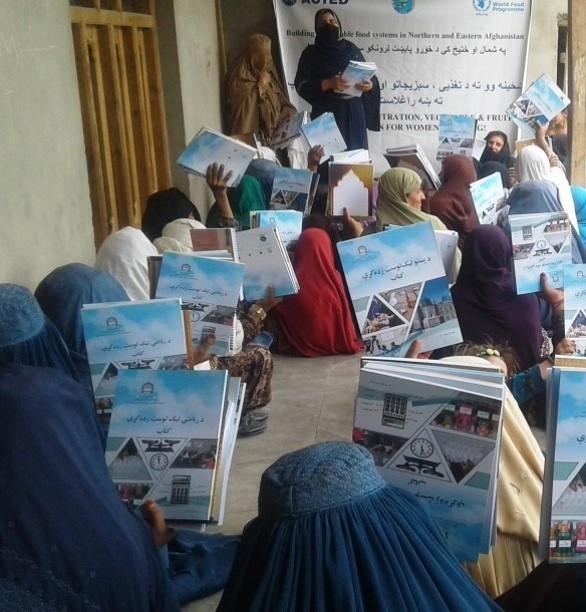
Given the low levels of literacy and numeracy in Afghanistan which disproportionately affect women, ACTED’s agricultural interventions have also provided basic literacy and numeracy classes for over 1,900 women across five provinces (Kunduz, Samangan, Laghman, Kunar and Nangarhar).
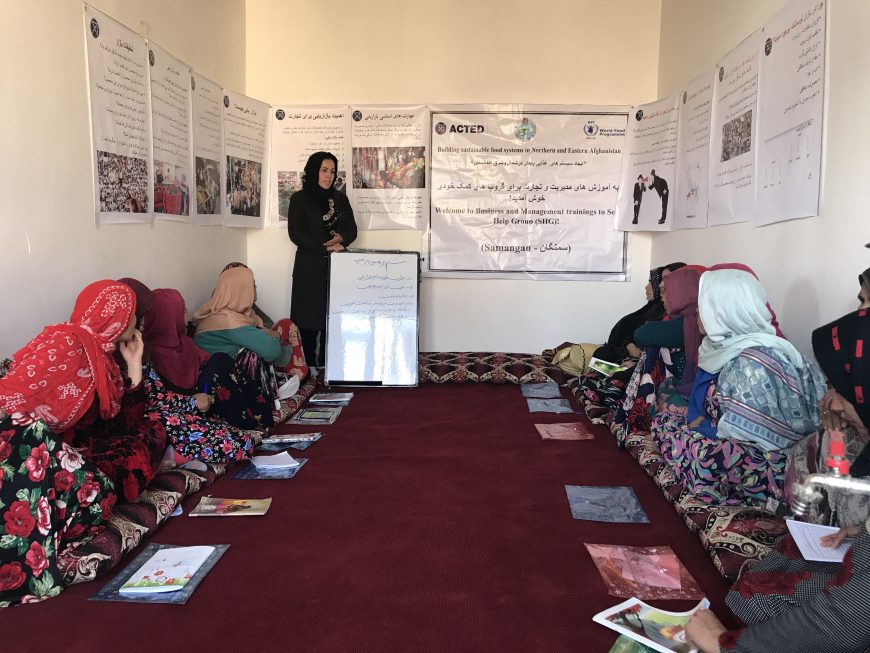
Alongside their literacy and numeracy trainings, ACTED brings women into Self Help Groups (SHGs), providing a solid network of peer support around a shared activity (such as running a greenhouse or managing a particular area of land). ACTED provides each group with a specific business and management training over the course of six months in which the courses are responsive to the chosen activity and the knowledge gaps of group participants.
A Self Help Group is a committee, usually composed of 10-20 local women (or men in some cases), who come together to save regular small sums of money, mutually agreeing to contribute to a common fund and to meet their emergency needs on the basis of mutual help. The group usually pools its resources to help sustain activities. Groups often provide a small income to members and use a loans mechanism to expand/develop the group’s chosen trade.
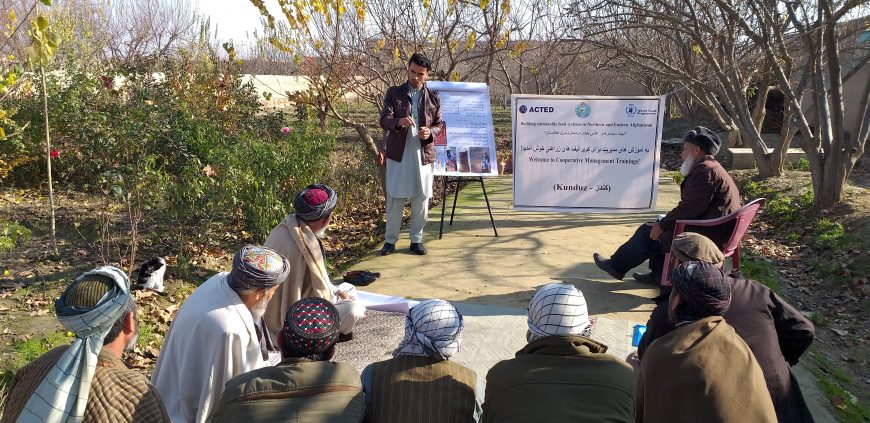
ACTED also worked with hundreds of members of farming cooperatives in Kunduz province to professionalize their internal management based on a prior assessment of their learning needs. Courses on financial management and business planning ran alongside compulsory courses on gender equality.
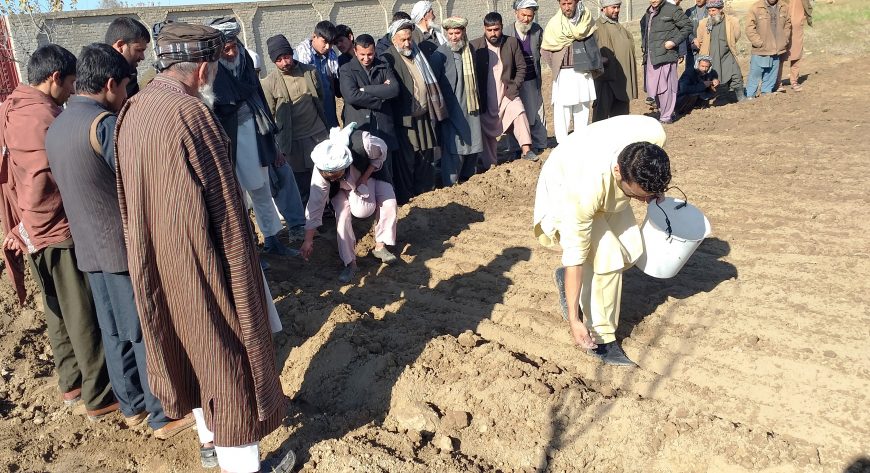
Nothing educates as fast as demonstrable results. That is why ACTED applied the ‘Farmer Field School’ approach in its agricultural trainings. Over 2,000 agricultural workers (of whom 374 were female) took part in trainings which used demonstration plots to show the application of proper cultivation techniques and the huge difference they make to increasing yields and crop resilience.
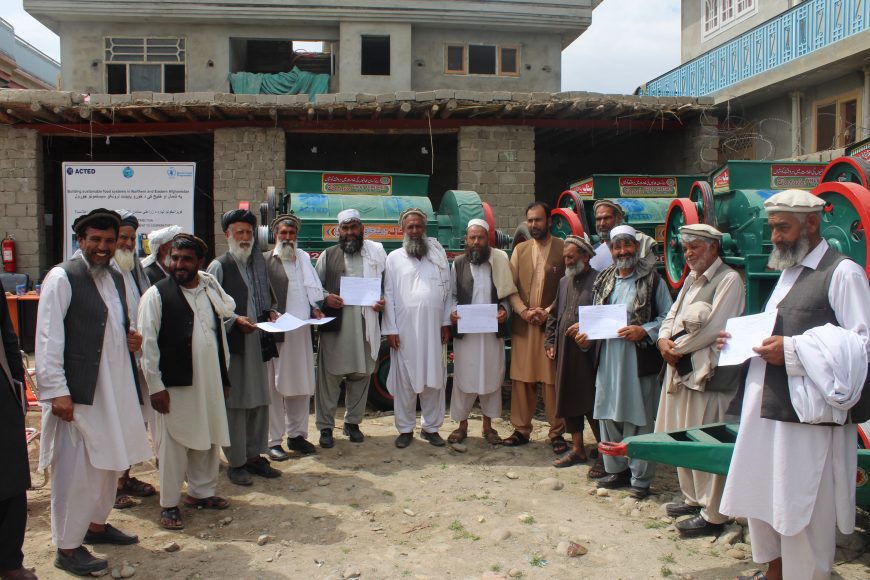
Once they had completed their training, cooperative members received new farming equipment to the value of $3000 per cooperative which they can now use to put the newly learned approaches to work.
